Chess 101: How Every Piece Moves
Introduction
Chess is one of those classic games that can seem intimidating at first, but it’s all about taking one step at a time. To get started, you’ll want to understand how each piece on the board moves. In this article, we’ll break down the basics for you, making it easy for you to get the hang of the king, queen, rook, bishop, knight, and pawn.
The King
First up, we’ve got the king. The king is the big cheese; it’s your most important piece. This piece is all about staying safe. It can move one square in any direction: up, down, sideways, or diagonally. Keep your king out of harm’s way, and you’ll be in good shape.
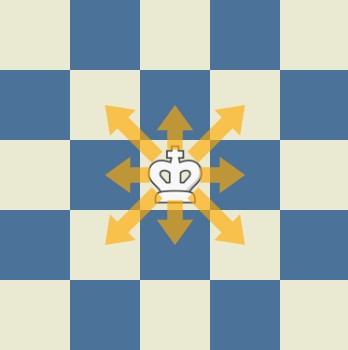
The Queen
The queen is the most powerful piece on the board. Think of her as your go-to superhero. She can move in any direction, covering as many squares as you want, as long as it’s in a straight line (up, down, sideways) or diagonally. Use her wisely to control the board and go after your opponent.
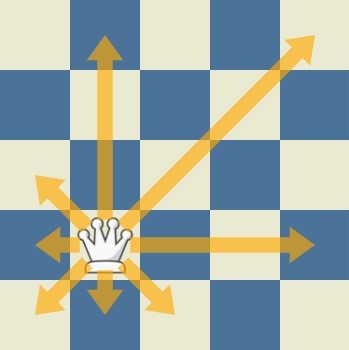
The Rook
The rook is a rock-solid piece. It can move as many squares as you like, but only in a straight line, either horizontally or vertically. Think of rooks as the guards of the board, protecting and controlling the ranks and files.
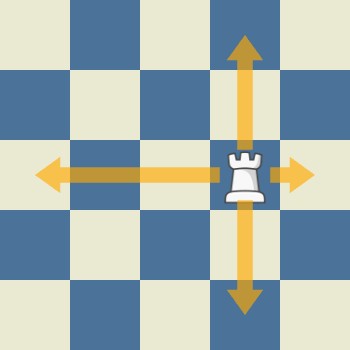
The Bishop
Bishops are like the chessboard’s diagonal experts. Each player has two of them, one for the light squares and one for the dark squares. They can move diagonally as far as you want. Use them strategically to control long diagonal lines.
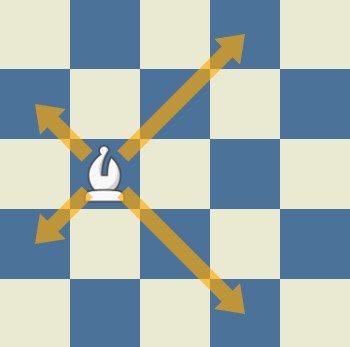
The Knight
Knights are the only pieces that can jump over others. Their move is a bit funky: two squares in one direction (either up/down or left/right) and then one square perpendicular to that. Knights are like sneak attack artists, forking your opponent’s pieces when you least expect it.
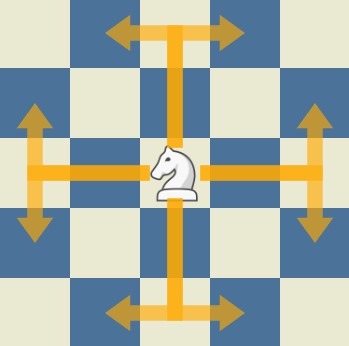
The Pawn
Lastly, we have pawns. Pawns are the foot soldiers of your chess army. They move forward one square at a time. But here’s the cool part: on their very first move, they have the option to take a big leap and move forward two squares. Pawns also capture diagonally. When a pawn reaches the other end of the board, it gets promoted, usually to a queen, which is a big boost.
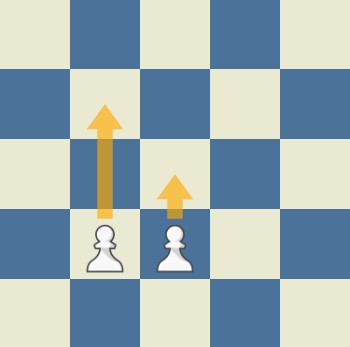
Conclusion
Now that you’ve got the lowdown on how each chess piece moves, you’re well on your way to becoming a chess champ. Remember, chess is all about strategy and tactics, and how you coordinate these pieces can make all the difference. So grab a board, start practicing, and have fun on your chess journey!
